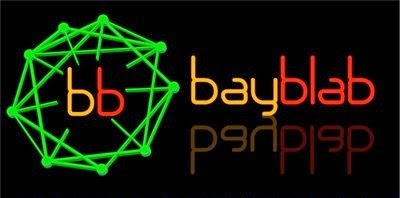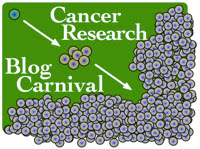The placebo effect describes a situation when healing effects are observed from taking an inert compound (eg. a sugar pill, saline injection, etc.) The effect is based on the subject's expectation that a treatment will work. In this mind-over-matter scenario, the belief that a product will work leads to an alleviation of symptoms. Studies have shown that up to 30% of people respond positively to placebo, though the effects are temporary and fail to get at the root of the problem requiring treatment in the first place.
There is some debate about how the placebo effect works. Some argue that it's purely psychological, while others say that there is an actual physical effect - particularly in the context of pain relief, where there is data suggesting release of endorphins after placebo administration.
In terms of quackery, this is one reason for positive testimonials. The expectation of results causes the subject to feel better, hence the positive claim. However, with time, symptoms can return and conditions can worsen because the underlying problems aren't being addressed. Evidence-based medicines rely on placebo controls to separate the effects of an active treatment from the act of being treated.
Quirks and Quarks has a show about the placebo effect available here.

 Podcast
Podcast




0 comments:
Post a Comment